You have been acting responsibly since the beginning of the pandemic, taking significant steps to protect yourself, your loved ones, and even strangers. Maybe you’ve been working from home for months now, or you avoid get-togethers with family and friends, even on special occasions. You wear a mask and practice safe distancing when you do go out, but most of the time, you hang out at home finding ways to pass the time.
So why do you feel so worn out?
Whether you call it quarantine fatigue, lockdown fatigue, or caution fatigue, feeling drained and out-of-sorts after weeks or months of staying home is not in your imagination. And if you are feeling the strain, you’re not alone. A report by the Kaiser Family Foundation showed that 45% of adults polled state that the pandemic has affected their mental health.
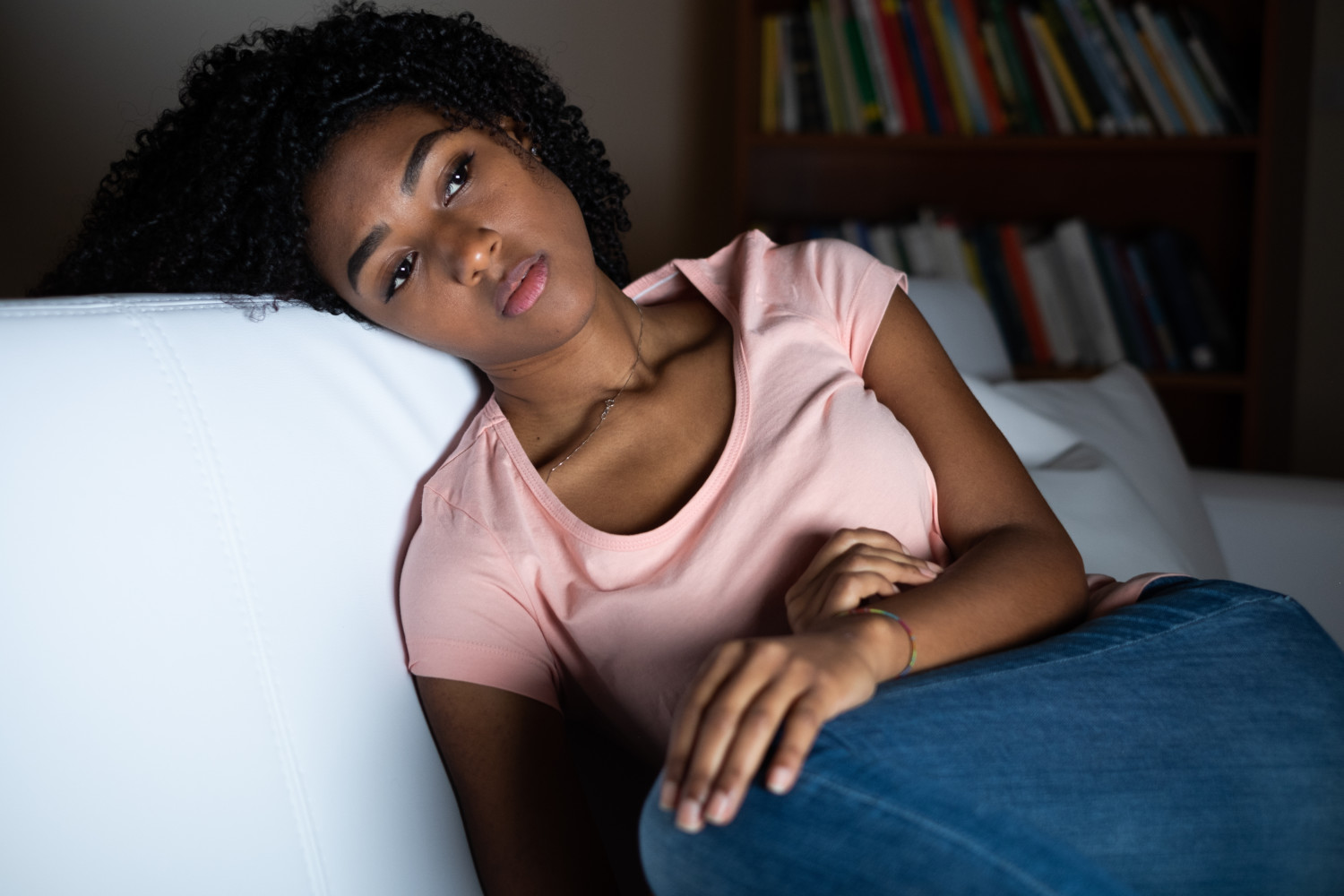
What Is Quarantine Fatigue?
How can someone feel exhausted when they haven’t been doing much of anything? Is it just a figment of their imagination?
Dr. Mary Fristad, a psychologist at The Ohio State University Wexner Medical Center, affirms that it is a real phenomenon.
“A lot of people describe being really fatigued at the end of the day,” Fristad told Healthline. “This is due to so many reasons. One is we’re all experiencing so much change and unpredictability in our life. A lot of people are feeling very anxious, particularly if they’re having financial difficulties, which so many people are. The extra demands of getting through the tasks of the day, when suddenly parents are supposed to be working from home and also providing education for their children, add up to an exhausting schedule for many people.”
Jane Pernotto Ehrman, a behavioral health therapist and mind-body coach, says that it’s part of the stress of living during a pandemic.
“It’s just overwhelming and part of the fatigue is the uncertainty, unpredictability and the unknowns in all of this,” Ehrman told the Cleveland Clinic. “It’s like we’re in the middle of the ocean. The ocean is COVID-19 and we’re not seeing land anywhere. It’s that feeling of helplessness. Like there’s nothing you can do — or you can do everything right and still get sick.”
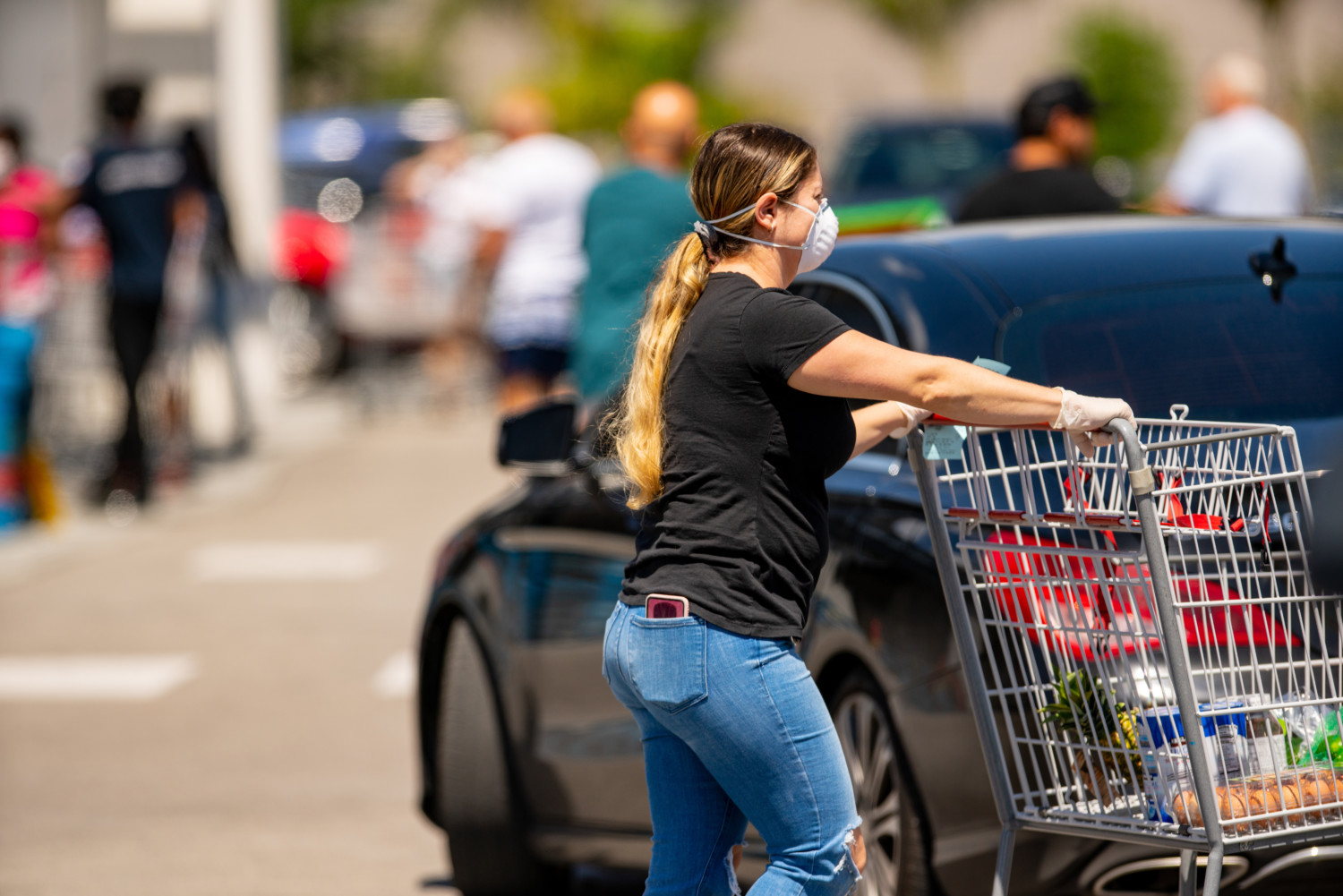
Signs of Quarantine Fatigue
There is more to this than feeling physically depleted. If you have any or all of the following symptoms, you could be experiencing quarantine fatigue:
- Depression
- Eating more or less
- Anxiety
- Hopelessness
- Irritability or general edginess
- Lack of motivation or decreased productivity
- Loneliness or feelings of disconnection
- Loss of energy
- Mild to intense physical fatigue
- Racing thoughts
- Sleep issues
- Stress
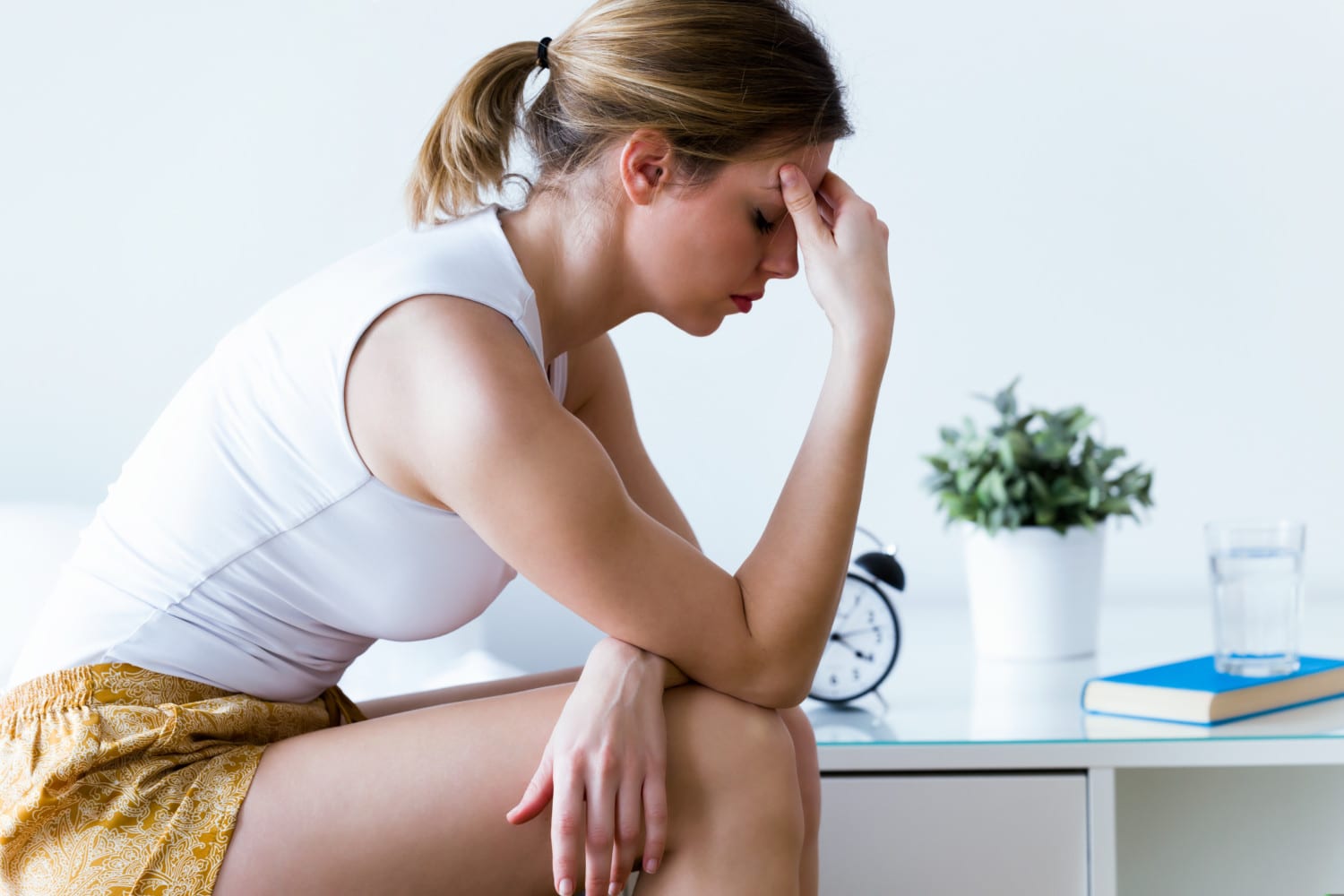
How To Combat Quarantine Fatigue
If you are experiencing some of these symptoms, you can begin combating lockdown fatigue right away with small but essential steps. Dr. Lori Whatley, a clinical psychologist and author of “Connected & Engaged,” asserts that self-care is vital.
“Eat clean, hydrate, interact with family and friends on FaceTime, read uplifting books or listen to positive podcasts,” Whatley told Shape. “Many people have found that improving the ventilation through opening windows and doors where possible has been a major mood lifter.”
Allow yourself time to recharge and find healthy ways to relax. Fristad suggests finding ways to get back into some routines. For instance, you might not be able to hit the gym after work, but you could go for a walk or follow a workout video.
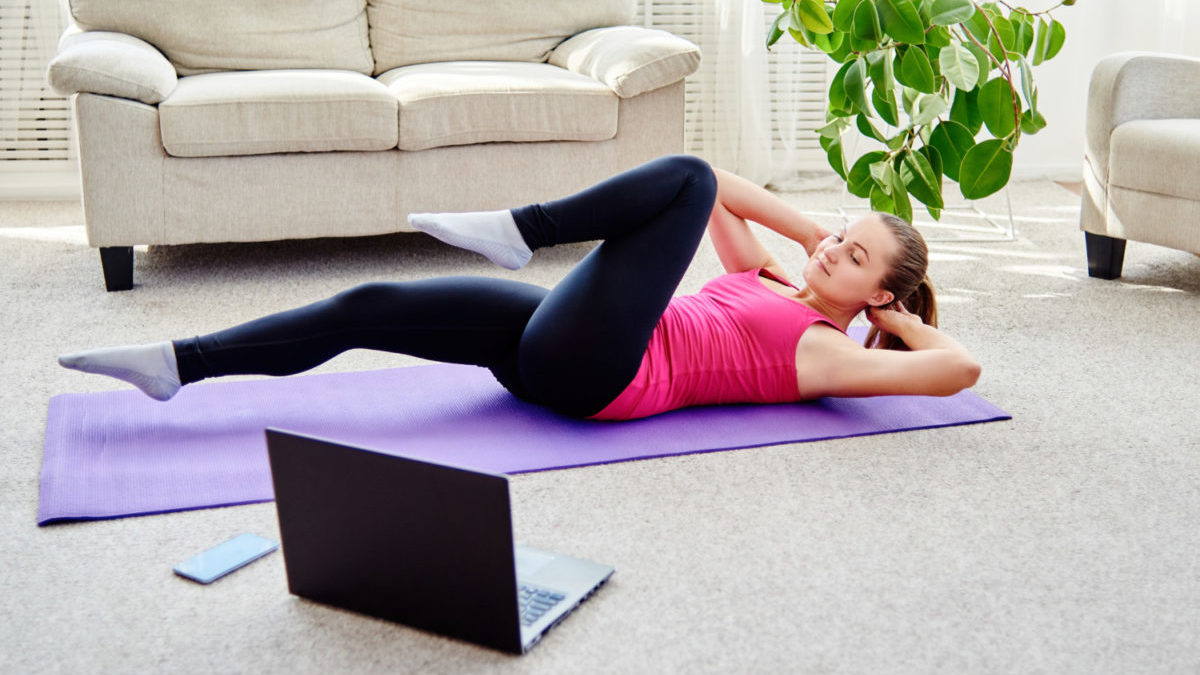
She recommends reaching out to others, as well. Boosting the spirits of someone you care about can also lift your mood.
“The idea of ‘connect five’ is a great idea,” Fristad told Healthline. “If you try to reach out every day to at least five people, it can provide support for you and for them.”
Look for good things every day and focus on the people, activities, or objects that bring you peace, joy and optimism. Find tasks that make you feel productive and intentional.
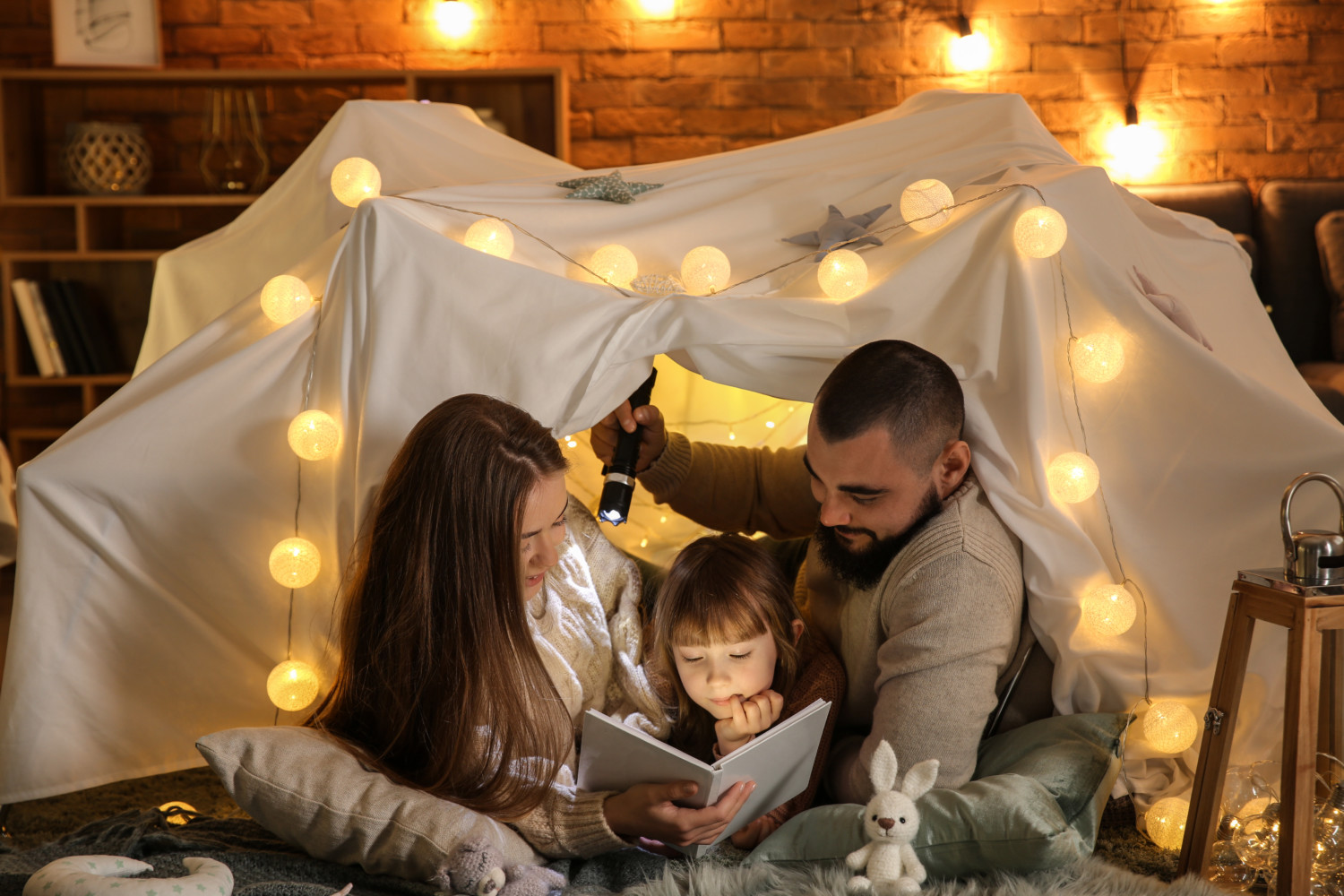
And of course, if you are struggling with overwhelming physical or emotional symptoms, reach out to family, friends or a healthcare professional. Even in isolation, you don’t have to go it alone.
This story originally appeared on Simplemost. Checkout Simplemost for additional stories.


